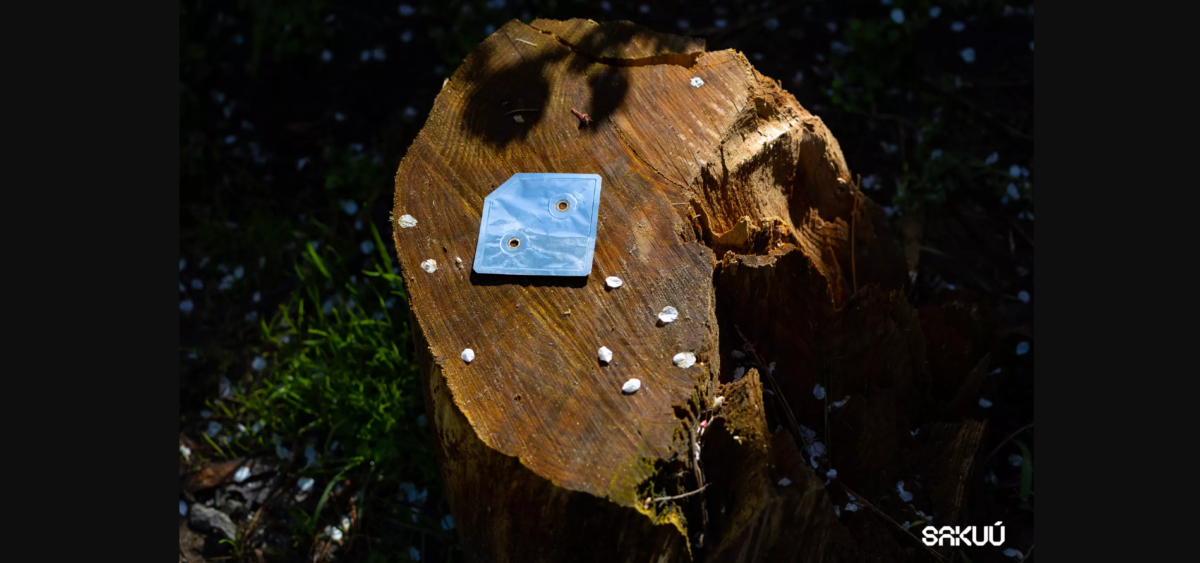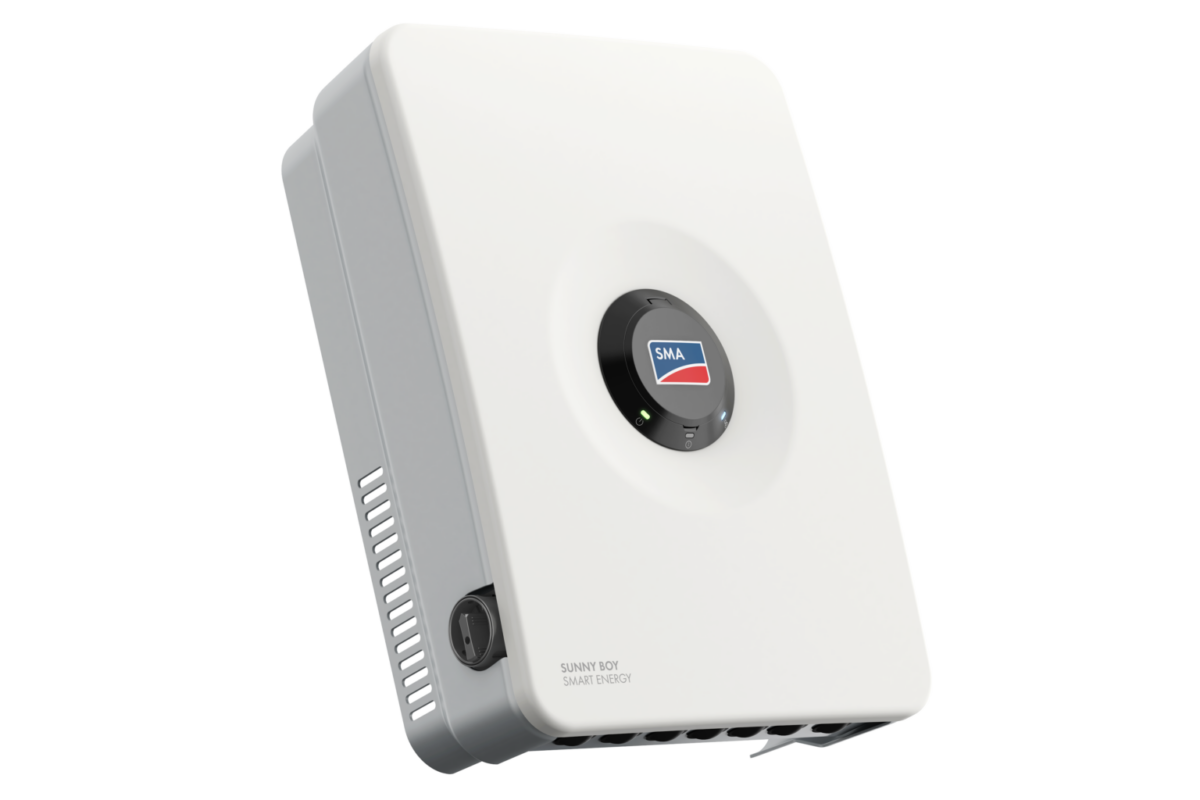California-based Sakuu has announced it has been successfully and consistently manufacturing 3D-printed fully functional batteries in custom shapes and sizes at its Silicon Valley battery pilot line facility since December.
To achieve this, the company relied on its patented Kavian platform, which was developed to enable commercial-scale production of a wide range of battery technologies, from lithium-ion to lithium metal and all-solid-state batteries.
“The platform can customize the form factor of the battery – whereby the battery itself can become part of product design via customized shapes and sizes,” Karl Littau, chief technology officer at Sakuu, explains.
Sakuu’s patterned battery cells were made with patterned openings for thermal management in a fully dry process. Namely, the achievement of patterned battery printing enables more effective use of battery cell volume with new pathways in thermal dynamic regulation.
This allows integration of fixturing, sensors, and thermal transport pathways, as well as regulation through the patterned design – especially when thin sub-cell battery structures are stacked with identical patterned openings for thermal management in alignment, according to Sakuu.
The company's fully industrialized process for printing batteries using a proprietary multi-material, multi-layer approach in a parallel and dry process stands in opposition to layer-on-layer printing or screen-printing, which are inherently wet processes that require significant energy to remove unwanted solvents and are susceptible to poor printing quality and unreliable production.
Founded in 2016, Sakuu has already achieved important milestones. Last year, it announced the benchmark energy-density achievement of 800 Wh/L in its first-generation non-printed lithium metal battery. In addition, the first-generation lithium-metal battery demonstrated high energy retention at 97% after 200 cycles. Sakuu’s battery, while remaining dendrite-free, is expected to record 80% retention at 800 cycles once cycling has been completed.
Sakuu’s stated goal was to make fully 3D printable solid-state batteries capable of greater than 1200 Wh/L by 2023, substantially surpassing lithium-ion batteries found in today’s top-selling EVs that function in a range of 500–700 Wh/L.
The company's latest achievement is described as first-of-its-kind in battery manufacturing and an important step towards the company’s planned commercial scale production of next-generation SwiftPrint batteries, including solid-state batteries, from its Kavian platform in gigafactories worldwide.
“We believe we have the only known solution for manufacturing solid-state batteries at scale with our novel Kavian platform,” Sakuu Founder and CEO Robert Bagheri said. Sakuu’s Kavian™ platform will be sold to other battery manufacturers as well as to automotive, e-mobility, and aerospace manufacturers.
In addition, Sakuu plans on licensing its own battery chemistries, both Li-metal and solid-state, to be produced with either traditional roll-to-roll manufacturing or in gigafactories using Kavian manufacturing.
This content is protected by copyright and may not be reused. If you want to cooperate with us and would like to reuse some of our content, please contact: editors@pv-magazine.com.




By submitting this form you agree to pv magazine using your data for the purposes of publishing your comment.
Your personal data will only be disclosed or otherwise transmitted to third parties for the purposes of spam filtering or if this is necessary for technical maintenance of the website. Any other transfer to third parties will not take place unless this is justified on the basis of applicable data protection regulations or if pv magazine is legally obliged to do so.
You may revoke this consent at any time with effect for the future, in which case your personal data will be deleted immediately. Otherwise, your data will be deleted if pv magazine has processed your request or the purpose of data storage is fulfilled.
Further information on data privacy can be found in our Data Protection Policy.